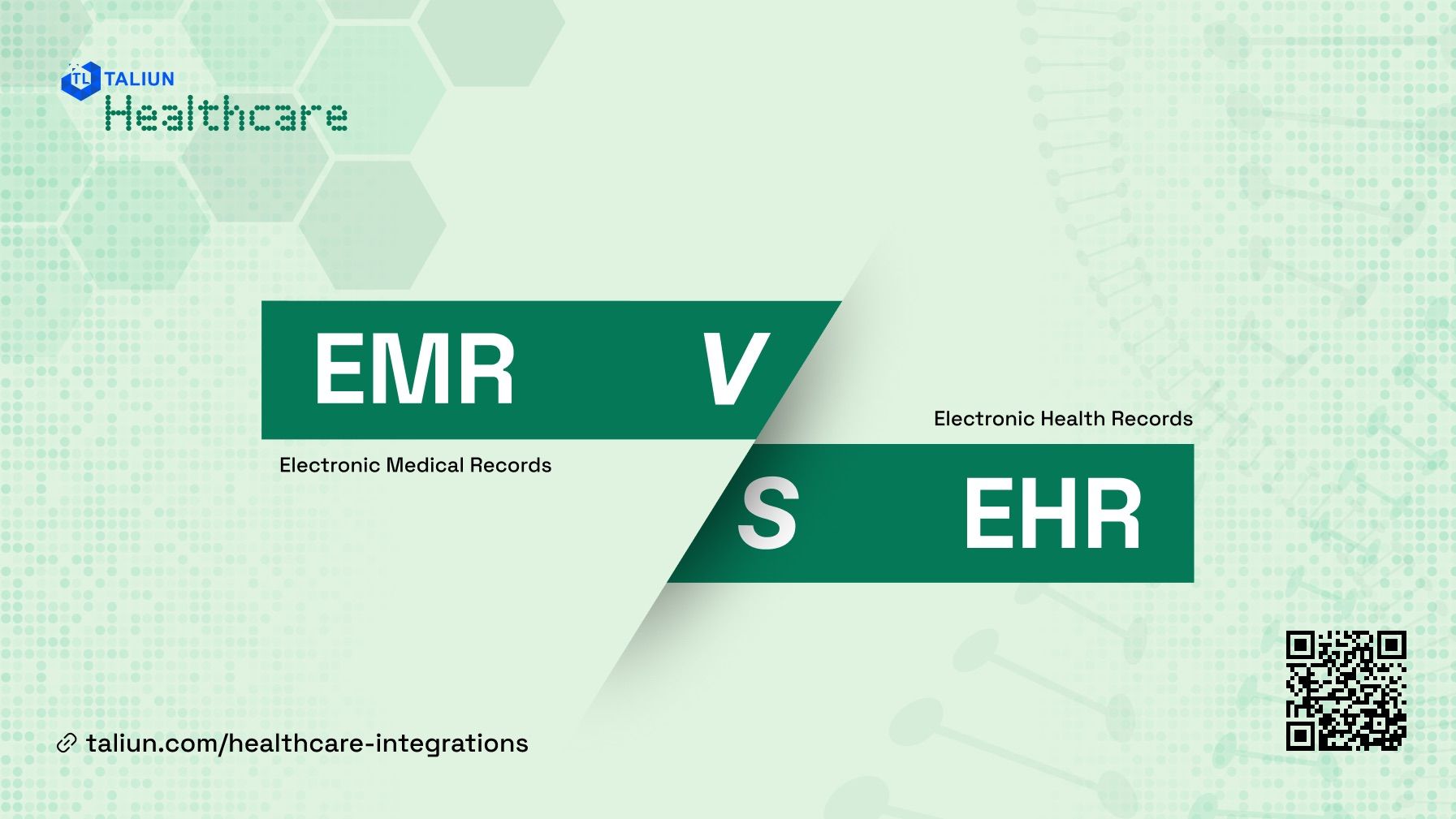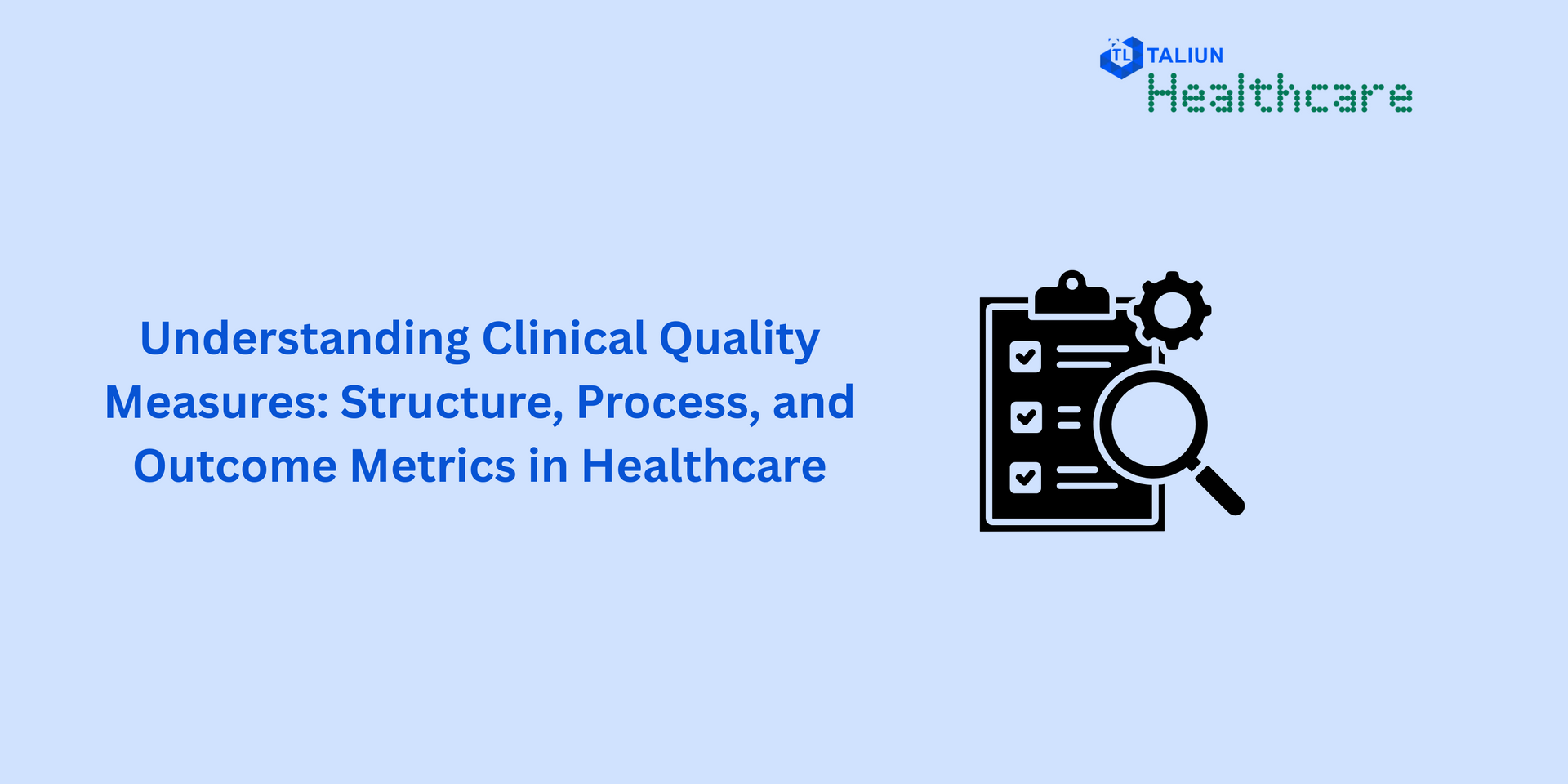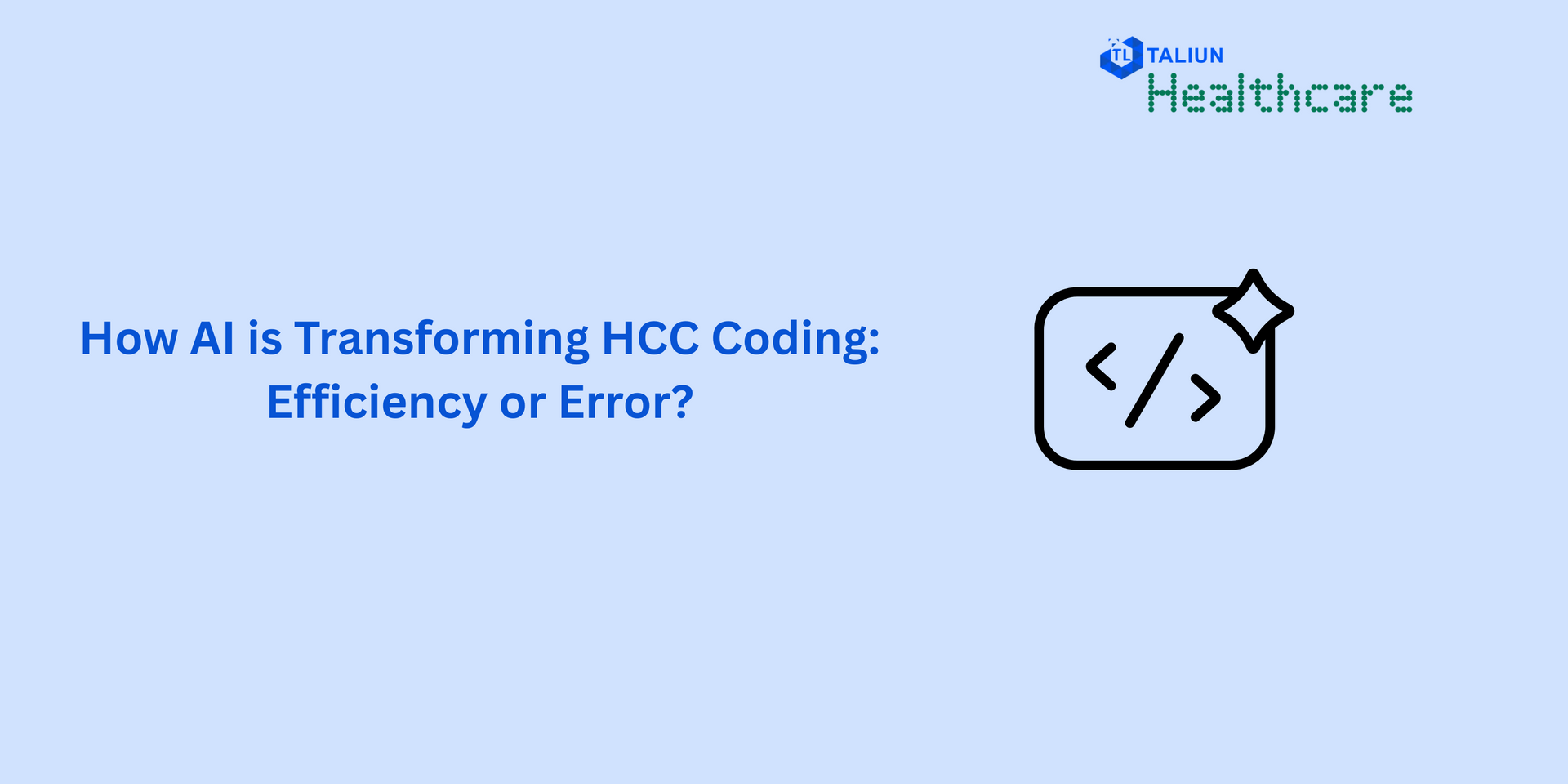Understanding the Difference: Electronic Medical Records (EMR) vs. Electronic Health Records (EHR)

In today's digital age, healthcare technology has evolved significantly, introducing systems like Electronic Medical Records (EMR) and Electronic Health Records (EHR). While they might sound similar, EMRs and EHRs serve different purposes and offer varying benefits to healthcare providers and patients. Understanding these distinctions is crucial for anyone navigating the healthcare industry, whether you're a medical professional, a patient, or a technology provider.
What is an Electronic Medical Record (EMR)?
An EMR is essentially a digital version of a patient's chart, containing the medical and treatment history of the patient within one practice. Think of it as the digital equivalent of the paper charts you see in a doctor's office. EMRs are incredibly beneficial for tracking data over time, easily identifying which patients are due for checkups or screenings, and monitoring patients' health metrics within a practice to improve overall quality of care.
However, EMRs have limitations. They are generally not designed to be shared outside the individual practice. This means if a patient decides to switch doctors or needs to see a specialist, their EMR might not easily follow them. This can lead to gaps in information and requires the patient or the provider to manually transfer records.
Benefits of Electronic Medical Records (EMR)
Enhanced Efficiency and Productivity: EMRs streamline the documentation and management of patient records, reducing the need for paper-based files. This leads to improved organizational efficiency within practices, saving time and reducing the likelihood of errors.
Improved Patient Care: With all of a patient's medical history accessible in one place, healthcare providers can make more informed decisions quickly. This immediacy can be crucial in emergency situations or when managing chronic conditions.
Tracking and Monitoring: EMRs allow for easy tracking of patient data over time. Healthcare providers can identify which patients are due for preventive screenings or checkups, monitor their health metrics, and make informed decisions to enhance the quality of care.
Secure Data Management: EMRs offer secure storage of patient information, reducing the risk of lost or damaged records. Access controls ensure that only authorized personnel can access sensitive information, protecting patient privacy.
Cost Savings: By reducing reliance on paper, EMRs can lead to significant cost savings. They minimize the need for physical storage space and the costs associated with printing and managing paper records.
What is an Electronic Health Record (EHR)?
EHRs take the concept of EMRs a step further. They are designed not just to contain the medical and treatment history of the patients but to share this information with other healthcare providers and organizations. This could include specialists, laboratories, pharmacies, emergency facilities, and even school and workplace clinics. Essentially, EHRs offer a more comprehensive view of a patient's health and are built to share information, making them a key component in a connected and efficient healthcare system.
EHRs facilitate better health outcomes by enabling the sharing of data across the continuum of care, from primary care to specialty clinics and hospitals. They support broader health information exchange and patient engagement by allowing patients to access their own health records, which promotes proactive health management and informed decision-making.
Benefits of Electronic Health Records (EHR)
Comprehensive Health Information: EHRs provide a holistic view of the patient's health, integrating records from multiple providers and healthcare settings. This comprehensive approach supports a more accurate and complete understanding of a patient’s health history.
Improved Coordination of Care: By facilitating the sharing of information across different healthcare settings, EHRs improve the coordination of care. This is particularly beneficial for patients with complex or chronic conditions requiring care from multiple specialists.
Patient Engagement and Empowerment: Many EHR systems include patient portals that allow patients to access their health information, schedule appointments, refill prescriptions, and communicate with their healthcare providers. This encourages patients to take an active role in managing their health.
Public Health Benefits: EHRs can contribute to public health efforts by providing valuable data for research and public health monitoring. They enable the tracking of health trends, the effectiveness of treatments, and the management of disease outbreaks.
Enhanced Safety: EHRs can improve patient safety by providing alerts and reminders for healthcare providers about potential medication interactions, allergies, and other critical health information. This helps in preventing medical errors and ensuring safer care.
Legal and Regulatory Compliance: EHRs help healthcare providers comply with legal and regulatory requirements by ensuring accurate and timely documentation of patient care activities. They support quality reporting, reimbursement processes, and compliance with healthcare standards.
Key Differences Between EMR and EHR
Scope and Accessibility: EMRs are confined to a single practice and are not designed to be shared externally. In contrast, EHRs are meant to be accessed and shared across different healthcare settings, improving continuity of care.
Functionality: While EMRs allow for tracking patient data over time within a single practice, EHRs provide a more comprehensive view of a patient's health history and facilitate broader health information exchange.
Patient Engagement: EHRs often include patient portals that enable patients to access their health records, schedule appointments, and communicate with their healthcare providers, thereby promoting greater patient involvement in their health management.
The Importance of EHR and EMR in Modern Healthcare
Both EMRs and EHRs play critical roles in the digital transformation of healthcare. EMRs help healthcare providers track patient data, improve treatment and diagnosis within their practice, and enhance operational efficiencies. EHRs, on the other hand, build on the foundation laid by EMRs to offer a more integrated and comprehensive approach to patient care, supporting a more collaborative healthcare ecosystem.
The shift from EMRs to EHRs represents a significant step towards more connected, efficient, and patient-centered healthcare. By enabling seamless sharing of vital health information, EHRs help ensure that every stakeholder in a patient's care journey has access to the information they need when they need it, leading to better health outcomes, reduced errors, and more personalized care.
In conclusion, while EMRs and EHRs may seem similar at first glance, their differences are significant. Understanding these distinctions is essential for leveraging their respective benefits to improve healthcare delivery and patient outcomes. As the healthcare industry continues to evolve, the role of digital records will only grow in importance, underscoring the need for systems that not only store information but also facilitate its meaningful use across the healthcare continuum.
To learn further about Taliun's healthcare software & date engineering services, please visit Taliun.com/healthcare




